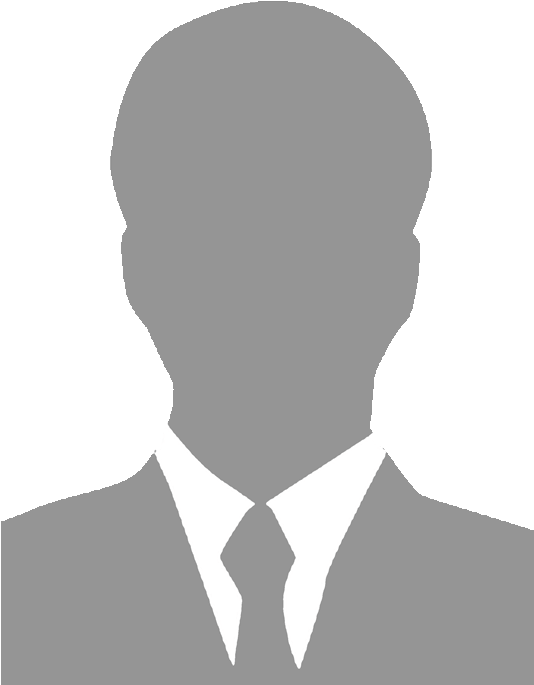Best Orthopaedic surgeon in Canberra

Dr Joseph Smith
Orthopaedic surgeon
Dr Wisam Ihsheish
Orthopaedic surgeon
about their specific condition, and explain in relevant detail the surgical and non surgical options available to best manage their symptoms. Dr Ihsheish takes great care in making sure his patients receive the best care and skill in their surgery, and is a firm believer in close follow-up care after the surgery as that a vital step in good functional recovery.

Prof David Little
Orthopaedic surgeon
As well as an expert in all lower extremity problems in children, he is a research leader in paediatric hip conditions. His 25 years of working with children and families ensure your child is in great hands.

Dr. Mark Porter
Orthopaedic surgeon
comprises arthroscopic, reconstructive procedures and trauma of the knee, shoulder, ankle, elbow, wrist and hand.Dr Mark Porter is an Australian-based health professional.

Dr Sindy Vrancic
Orthopaedic surgeon
Flinders University in South Australia and gained her undergraduate degree in Medicine and Surgery in 1995. Since then she has completed a Master’s Degree in Sports Medicine and in January 2008 has gained admission into the Royal Australia College Of Surgeons – Orthopaedic Surgery.

Dr Igor Policinski
Orthopaedic surgeon
the shoulder. He has spent 6 years at The Canberra Hospital training in various medical and surgical departments, some of which included General Surgery, Plastic Surgery, Neurosurgery, Cardiothoracic Surgery and Orthopaedic Surgery.

Dr. Damian Smith
Orthopaedic surgeon
also one of Australia’s Orthopaedic surgeons that has embraced advances in robotic surgery and was the first doctor to perform a hip replacement in Canberra using the world-leading Mako robotic-arm surgical support system. He is committed to maintaining a high standard of care and ongoing professional development through the training and mentoring of up and coming medical students and surgical trainees.

Dr Yeong Joe Lau
Orthopaedic surgeon
New South Wales and trained as an orthopaedic surgeon in Sydney. Following the completion of his training, he undertook further subspeciality training in hip, knee, ankle and foot surgery. This was in Canberra, London, Amsterdam, Liestal and Sydney.

A/Prof Paul Miniter
Orthopaedic surgeon
and attended secondary school at St Ignatius’ College in Riverview. There, he excelled academically as well as in the fields of music and sports. He plays the clarinet and cello and has performed in orchestral settings in Sydney.

Professor Paul Smith AM
Orthopaedic surgeon
having performed over 5000 hip and knee replacement procedures. He is Professor of Orthopaedic Surgery at the Australian National University, Director of the Trauma and Orthopaedic Research Unit at the Canberra Hospital and the John Curtin School of Medical Research, and Orthopaedic Unit Director at the Canberra Hospital.
what is Ophthalmology?
Ophthalmology is the technical term for the study of eye diseases. It includes the prevention, diagnosis and medical treatment of diseases related to the organ of vision. Read here what ophthalmology makes possible and what ophthalmologists specifically deal with.
The medical term “ophthalmology” is derived from the Greek. It is made up of “Ophthalmos” (eye) and “logos” (word) and means something like “the word, the talk of the eye”. The beginnings of the doctrine of the eye, better known to most as ophthalmology, can be traced back to the Babylonians. This makes it one of the longest existing medical sub-disciplines. Ophthalmology deals with both disorders in visual perception as well as diseases and injuries of the eye as an organ – the eyelid over the eye socket to the skull back where the visual cortex(Visual cortex) Part of the cerebrum located in the back of the head; enables visual impressions (visual cortex) to where the sitting and optic tract (tract optic nerve) ranges.
What is an ophthalmologist?
The ophthalmologist (ophthalmologist) is the specialist in ophthalmology (ophthalmology). His areas of expertise are diseases and functional disorders of the eye, the appendix organs and the optic nerve up to the visual cortex in the brain, the processing center of vision. Based on the diagnosis, he decides on the appropriate medical treatments and forms of therapy.
The tasks of the ophthalmologist or ophthalmologist include advice and preventive examinations ( vision school , glaucoma ), and above all the treatment of visual disorders and eye diseases. Possible remedies and aids are medication such as eye drops or eye ointment, eye patches (occlusion therapy) or the prescription of visual aids such as glasses or contact lenses.
Ophthalmologist – duties and responsibilities
Ophthalmology is one of the oldest medical disciplines. The eye is one of the most important and complex human sensory organs. The anatomy of the eye includes both mechanical-functional and neural structures. The ophthalmologist’s area of responsibility is correspondingly extensive.
In addition to recognizing and treating diseases and functional disorders of the eyes, ophthalmology has close links to other fields such as ENT medicine, dermatology and neurology. Ophthalmologists are often asked to prepare ophthalmological findings as experts in order to confirm or exclude the diagnosis or suspected diagnosis in patients from other specialist disciplines, such as internal medicine or neurology.
Categories
- Allergist (5)
- Anesthesiology (2)
- Cardiologist (288)
- Cosmetic Surgeon (79)
- Dentist (261)
- Dermatologist (48)
- Dermatology (150)
- Endocrinologist (22)
- ENT Specialist (239)
- Family Physicians (1)
- Gastroenterology (121)
- General Practitioner (226)
- General surgeon (37)
- Hepatologist (2)
- Immunologist (4)
- Medical Contributors (259)
- Medical Expenses (2)
- Nephrologist (46)
- Neurosurgeon (91)
- Obstetrician and Gynecologist (18)
- Oncologist (99)
- Ophthalmologist (30)
- Orthopaedic surgeon (87)
- Osteopath (64)
- Otolaryngologist (6)
- Paediatric surgeon (7)
- Paediatrician (5)
- Pathologist (64)
- Plastic Surgeon (285)
- Podiatrist (295)
- Psychiatrist (23)
- Radiologist (17)
- Rheumatologist (7)
- Uncategorized (19)
- Urologist (102)
- Vascular surgeon (6)





